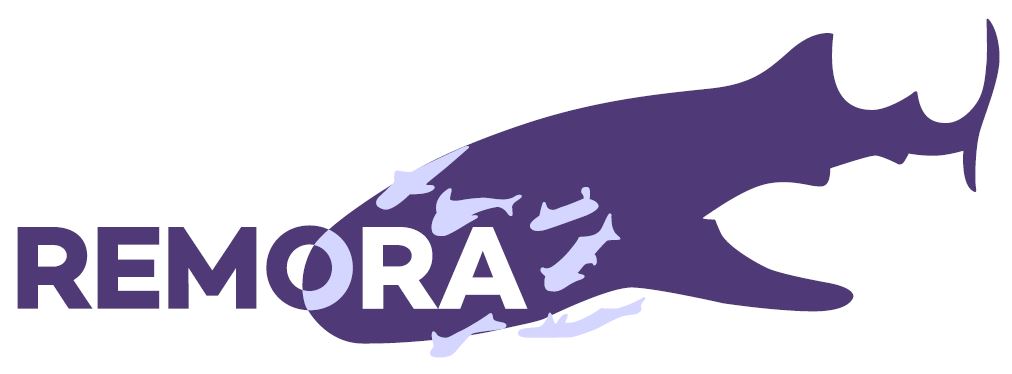The REmote MOnitoring of Rheumatoid Arthritis (REMORA) study will develop, test and evaluate a system for tracking daily symptoms in people living with rheumatoid arthritis (RA), where data are collected using a smartphone app and integrated into NHS electronic patient records.
The £2.1m research study funded by the National Institute for Health and Care Research (NIHR), aims to improve outpatient consultations by making sure both health care staff and patients have detailed information on how patients have felt in the weeks and months between appointments.
Rheumatoid arthritis (RA) is a common long-term condition that causes painful, swollen joints, and may lead to disability. Currently, people with RA are asked about changes in their condition at appointments that can be up to several months apart. This means they may struggle to accurately remember the details of these changes.
We have developed a ‘symptom tracking system’. This comprises the REMORA smartphone app, in which patients track and record symptoms on a daily basis and log the impact of their RA between appointments. The data are then sent into a central location where they are summarised graphically and viewed from within the electronic medical record.
REMORA2
REMORA2 is a research programme grant funded by the National Institute for Health and Care Research (NIHR).
This next phase of the research aims to support patients to access and use the REMORA app, irrespective of age, background, familiarity with technology or health. Our goal is to make it easier for people to share symptom data for research and understand issues around this.
The REMORA2 programme is split into two phases: a feasibility study and a stepped wedge trial.
Phase 1: Feasibility study
A feasibility study took place between January 2023 and June 2023 in two hospital sites in Greater Manchester: Pennine MSK Partnership, Oldham and Stepping Hill Hospital, Stockport. For the first time, the feasibility study successfully integrated symptom tracking data from the REMORA app into the electronic health record of the patient using the smartphone app.
The feasibility study demonstrated that over 60% of the patients recruited to the study started regularly monitoring symptoms. Read more about our previous studies.
Phase 2: Clinical trial
A clinical trial is scheduled to start in the spring of 2024. The trial involves 16 hospitals in the Greater Manchester and north-west London regions. We will test the REMORA app’s impact on the care received by RA patients and explore what it would take to allow access to the REMORA app across the NHS.
As this is a research study, only patients who attend one of the 16 hospitals participating in the trial in the Greater Manchester or north-west London regions can take part.
Hospital sites taking part in the trial
Greater Manchester:
- Bolton One Health Centre
- Fairfield General
- Rochdale Infirmary
- Pennine MSK
- Manchester Royal Infirmary
- Stepping Hill
- Wythenshawe
- Tameside General Hospital
- Trafford General
- Salford Royal
- Wrightington
North-west London:
- Chelsea & Westminster
- Central Middlesex
- Northwick Park
- Hammersmith
- St Mary’s

Benefits of using remote tracking
There are a number of benefits of using remote monitoring of a long-term condition.
With the REMORA2 project we will transform outpatient consultations by:
- Providing the bigger picture of RA by identifying real-time changes in disease activity and capturing symptoms that would otherwise have been missed.
- Enabling person-centred consultations, allowing doctors and patients to look together at trends of symptoms through time and make shared decisions.
- Empowering patients to organise and self-manage their own health.
- Allowing clinicians and researchers to better understand how symptoms change and how well and quickly patients respond to treatment.
If our system is proven to improve the severity of people’s RA and their quality of life, we aim to make the system available across the NHS. Together with existing NHS networks, we will develop materials to make this happen across the country and for other related diseases. This could improve the care and lives of thousands of people with RA and other long-term conditions.
Information for participants
If you’re taking part in the REMORA study, you’ll find information about what you need to do in our information for participants section.
This includes written guidance and videos showing you how to install and set up the REMORA app. There is also detailed information about the different aspects of the study, including the benefits and risks of taking part, and impacts on your routine care.
Additional information about REMORA and related topics can be found on our blog.

Meet the team
See who is involved with the REMORA2 project.
The REMORA project involves an interdisciplinary team of talented researchers, experts, and patient partners.
Contact us
If you have a question about the REMORA study that isn’t answered on this website, please get in touch.
Email: remora2@manchester.ac.uk
Tel: 0161 306 2000
X (formerly Twitter): @REMORA2_




